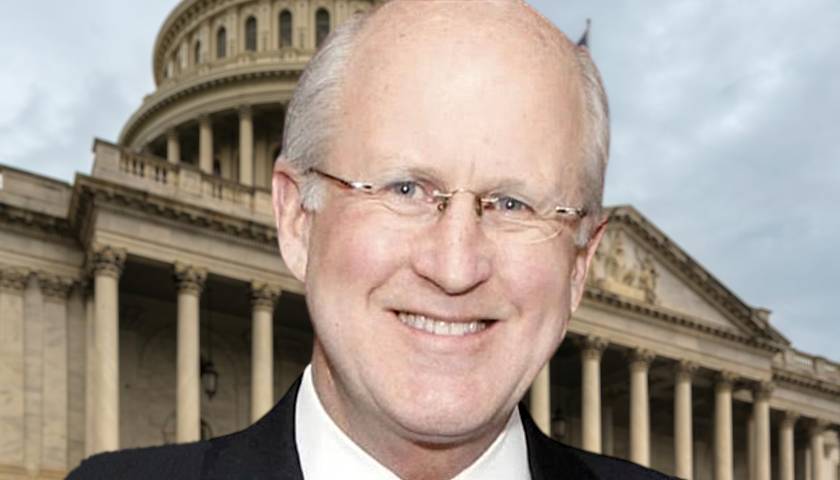The Wall Street Journal has taken notice of how Nashville is becoming gentrified and is in danger of becoming a “chic urban playground for the wealthy.”
James Fraser, an urban studies professor at Vanderbilt University, told The Wall Street Journal the city needs 30,000 more units of affordable housing and should spend $1 billion to meet the demand. Working people are being pushed to outer suburbs and rely on buses to reach their jobs, while wealthier people are moving into inner neighborhoods, he said.
Affordable housing has long been a benefit of living in the South, said Laurel Graefe, deputy regional executive of the Nashville branch of the Federal Reserve Bank of Atlanta. While corporate incentives and low taxation are still attractive, housing demand has outstripped supply, raising prices.
From 2008 to 2018, housing values, based on a weighted measure of all transactions in the housing market, rose 75 percent in Nashville, compared with 33 percent in Charlotte, according to the Brookings Institution.
The Wall Street Journal story discussed the trend of tearing down older homes and building “tall skinnies”—multistory homes geared toward wealthier home buyers.
Much of the issue is from rapid economic growth, the story says.
The Nashville region population grew 45 percent from 2000 to 2017, reaching about 1.9 million, according to the U.S. Census Bureau. The U.S. Bureau of Labor Statistics reported the city had an unemployment rate of 2.7 percent—lower than any other major metro area in the U.S. From 2010 to 2016, Tennessee’s large urban areas, led by Nashville, accounted for 57 percent of all employment growth in the state, citing the Brookings Institution.
Nashville has become a destination for corporations like AllianceBernstein Holding LP and a finalist in the search for Amazon’s second headquarters.
The story also mentions the transit plan that voters rejected May 1, but fails to mention the $9 billion price tag.
Mark Deutschmann, president of Nashville real-estate company Village Real Estate Services, said Metro Nashville should work with developers to build out public transit corridors and encourage building more homes for under $200,000.




